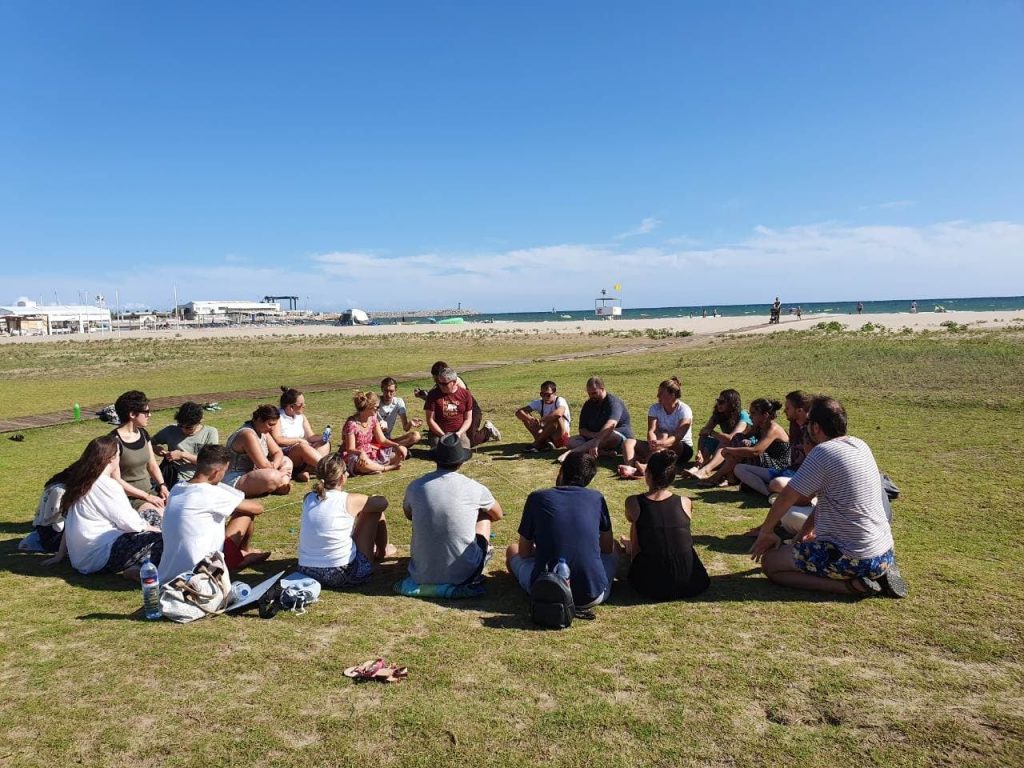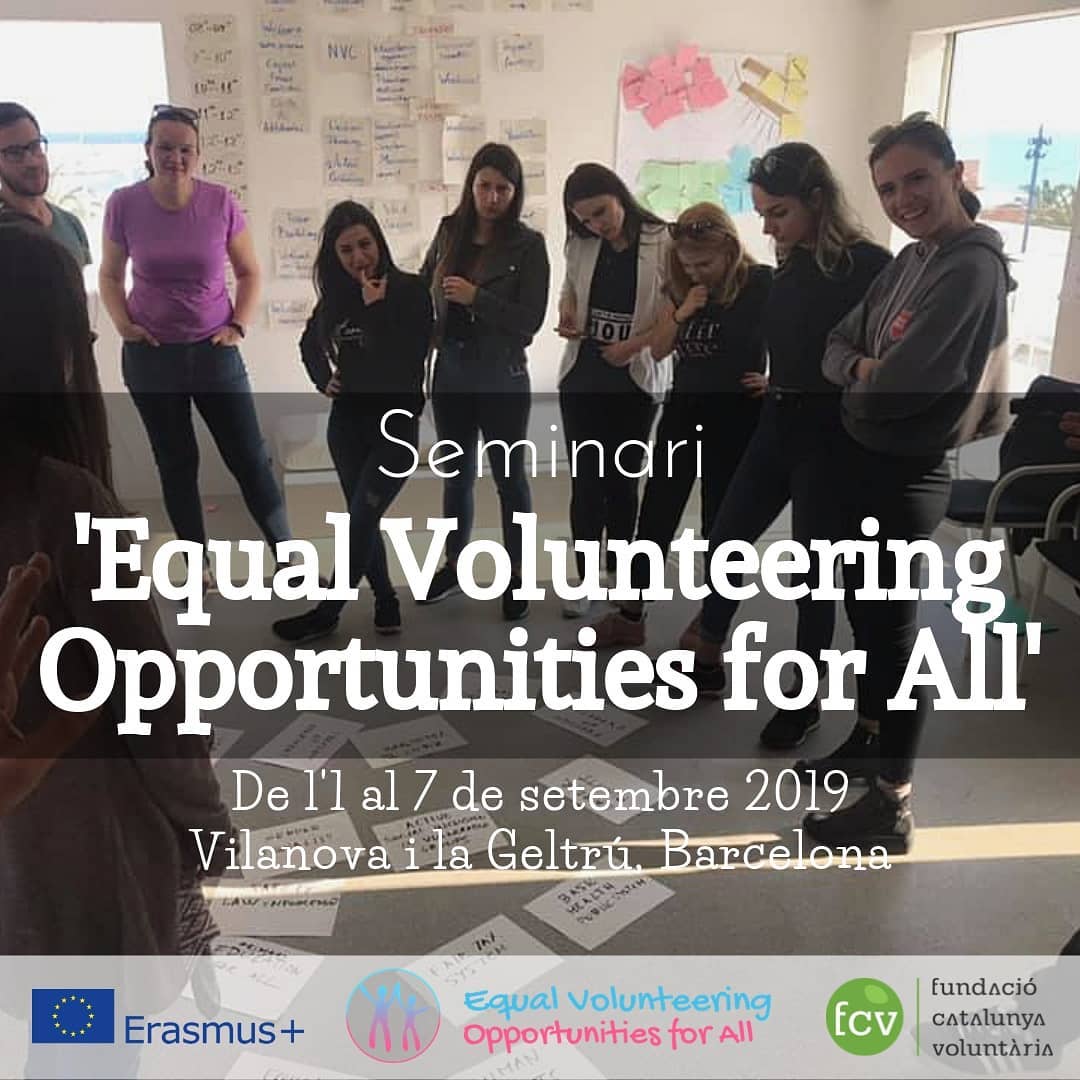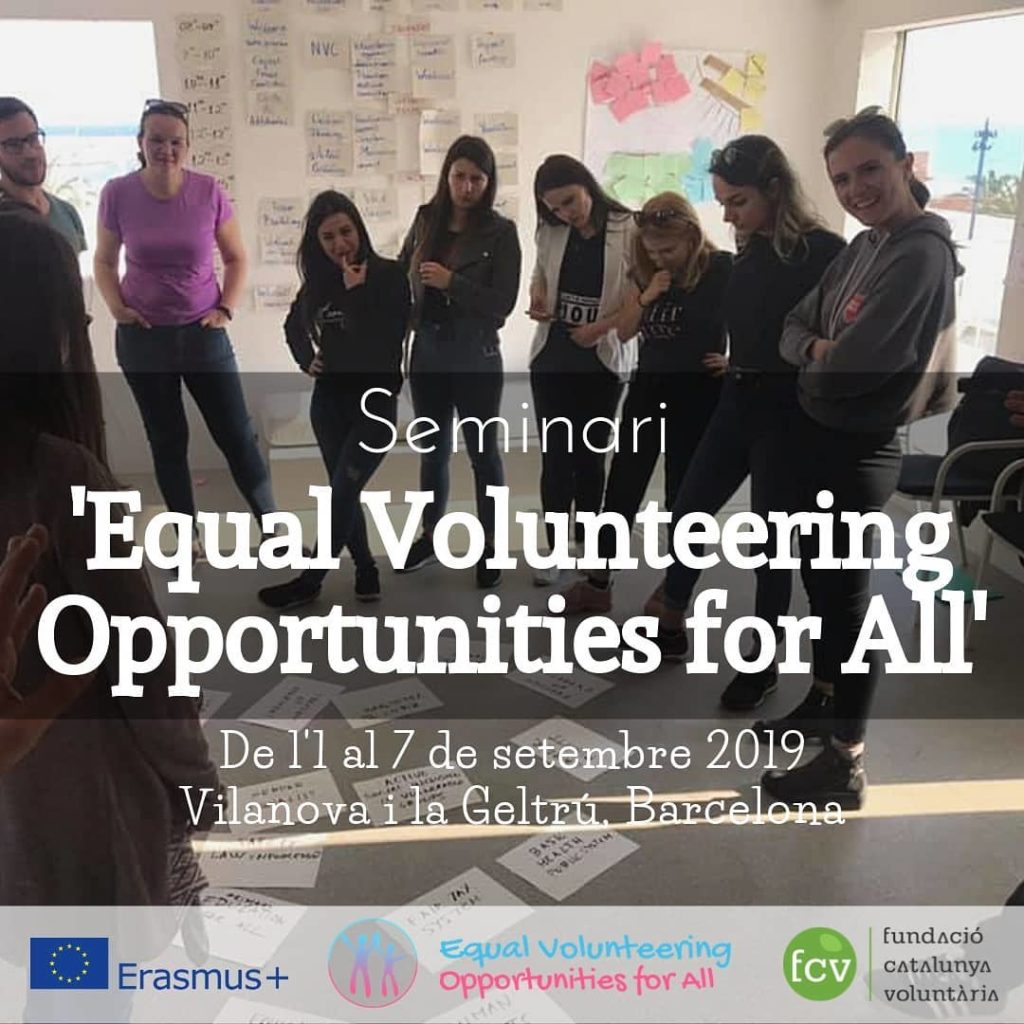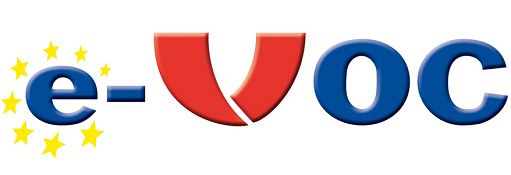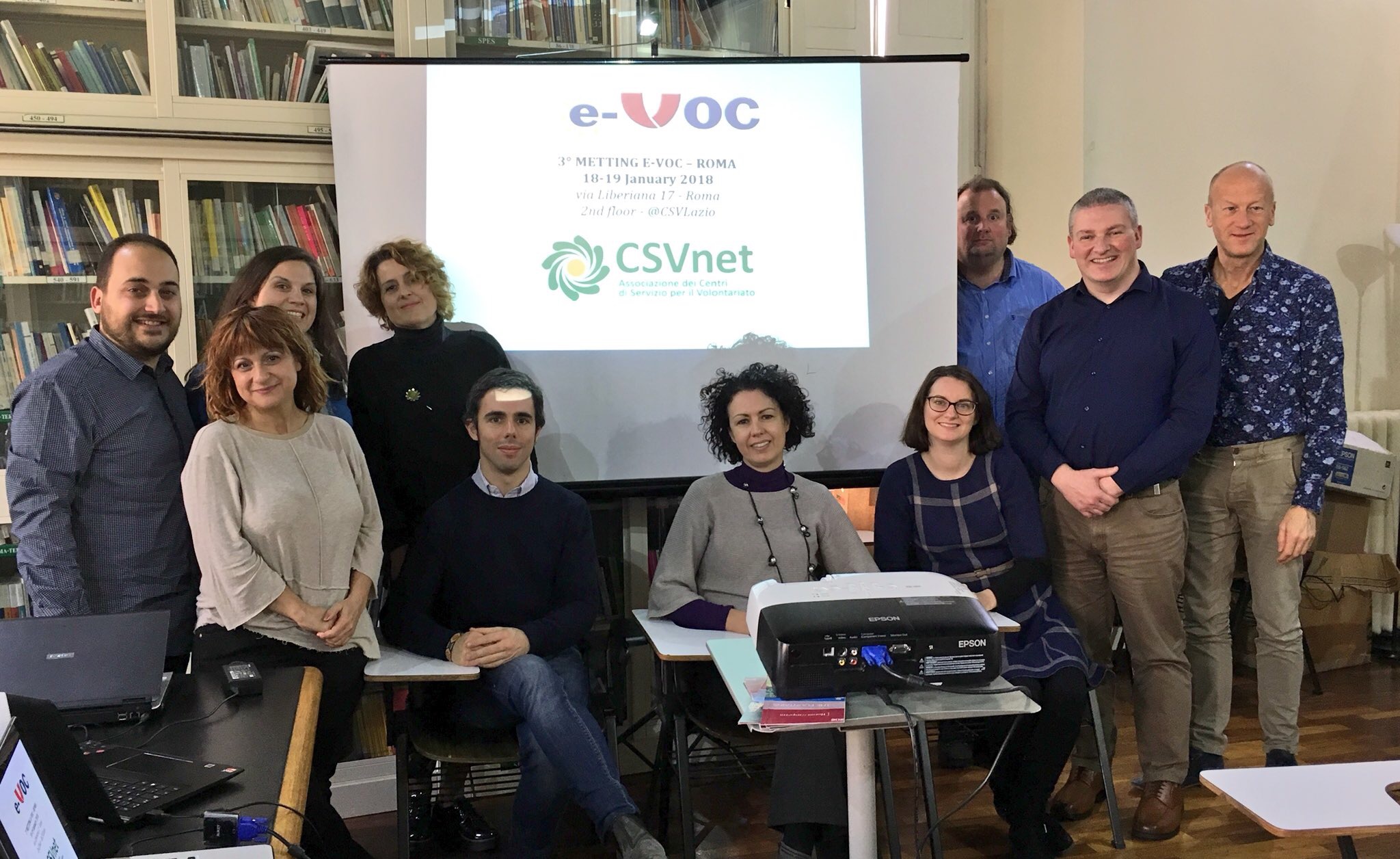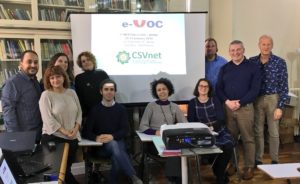Volunteer Ireland is delighted to announce that we have been awarded funding under two strands of the Volunteering Equality Rights Action (VERA) 2024 grant.
Volunteering and Equality
Volunteer Ireland has been awarded €11,225 under the Volunteering and Equality strand to deliver a project between 1st April and 10th December 2024. The project will see us undertake a consultation with volunteers and organisations that involve volunteers to inform two reports on diversity in volunteering. One report will focus specifically on the area of disability while the other will be a broader report focusing on diversity in general including long-lasting conditions; ethnic background; health; ethnic background; gender and age. We will also conduct a mapping exercise of the Blueprint for European Volunteering 2030 (BEV2030) against the Irish National Volunteering Strategy. Based on this mapping, we will produce a national volunteer development plan that is focused specifically on rights of people with disabilities and other diverse backgrounds.
Rights and Action
Volunteer Ireland has been awarded €11,225 under the Rights and Action strand to deliver a project between 1st April and 10th December 2024. This project will see us deliver training to organisations that involve volunteers on how they can make their volunteering programmes more inclusive to people with disabilities. We will support Volunteer Centres to develop strategies to engage people with disabilities in volunteering. We will also ensure that National Volunteering Week 2024 (20th – 26th May) celebrates the diversity and uniqueness of volunteers across Ireland.
Learn more about VERA 2024.
Outputs
Factsheet – Volunteering with a disability
Getting started – Supporting volunteers with a disability
National Volunteer Development Plan


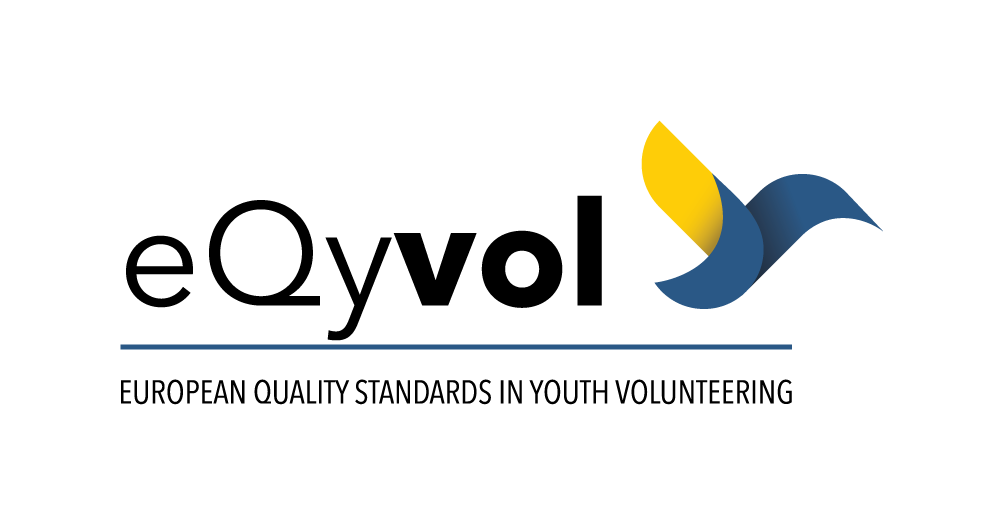
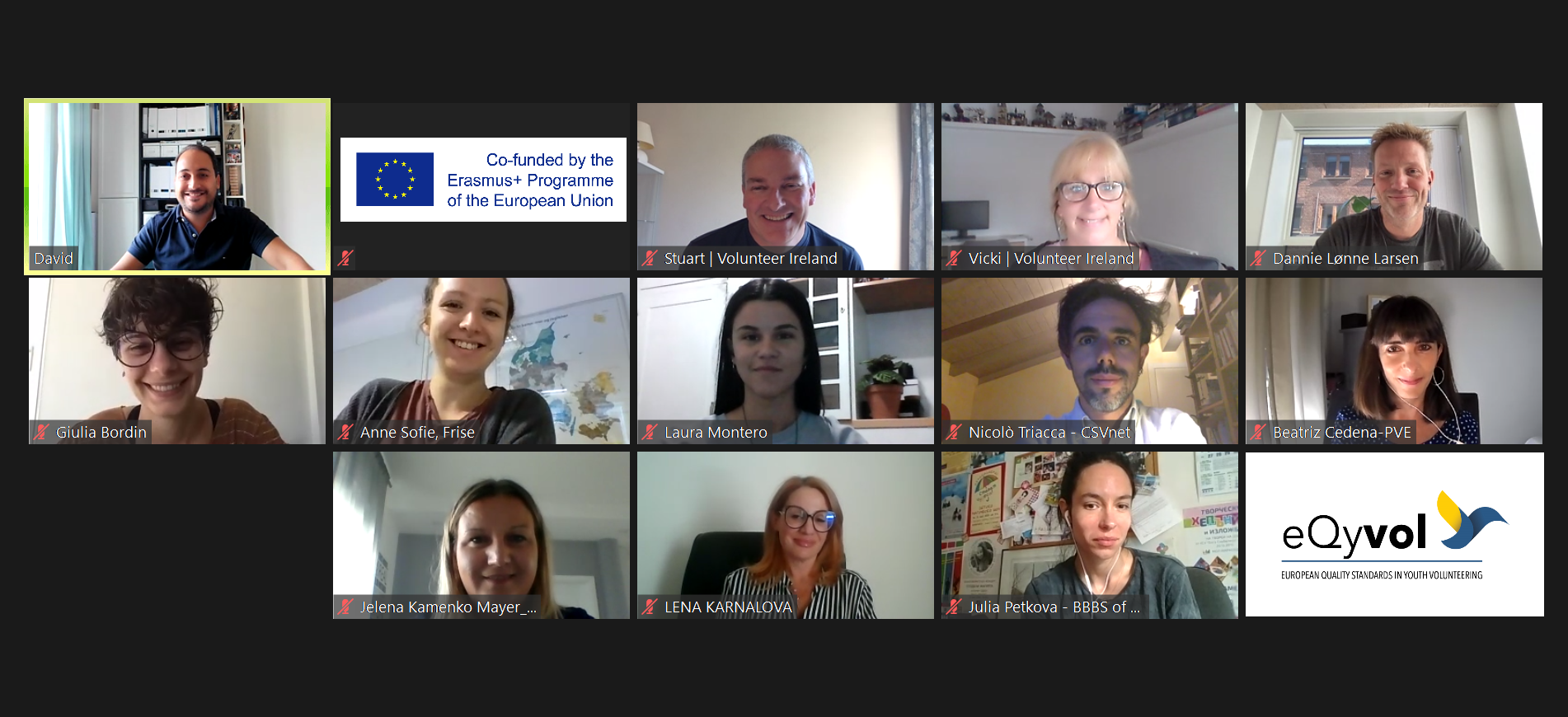 On 1st September 2021, the second meeting of the eQyvol project took place online.
On 1st September 2021, the second meeting of the eQyvol project took place online. The results from the consultation will be used to produce the first version of the European Quality Standards in Youth Volunteering. Next, we will organise a pilot testing involving youth volunteering organisations from all across the EU. Based on the feedback from the testers, we will define and implement the necessary improvements before the publication of the final version of the European Quality Standards in Youth Volunteering in November 2022.
The results from the consultation will be used to produce the first version of the European Quality Standards in Youth Volunteering. Next, we will organise a pilot testing involving youth volunteering organisations from all across the EU. Based on the feedback from the testers, we will define and implement the necessary improvements before the publication of the final version of the European Quality Standards in Youth Volunteering in November 2022.
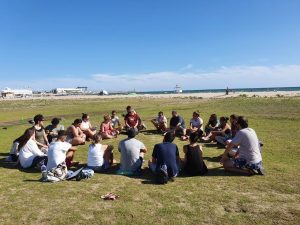
 Siobhan Johnston, Volunteering Development Officer with Kerry Volunteer Centre recently attended the ‘Equal Volunteering Opportunities for All’ Erasmus + seminar in Villanova, Barcelona. Here she tells Volunteer Ireland about her experience and what she learned.
Siobhan Johnston, Volunteering Development Officer with Kerry Volunteer Centre recently attended the ‘Equal Volunteering Opportunities for All’ Erasmus + seminar in Villanova, Barcelona. Here she tells Volunteer Ireland about her experience and what she learned.